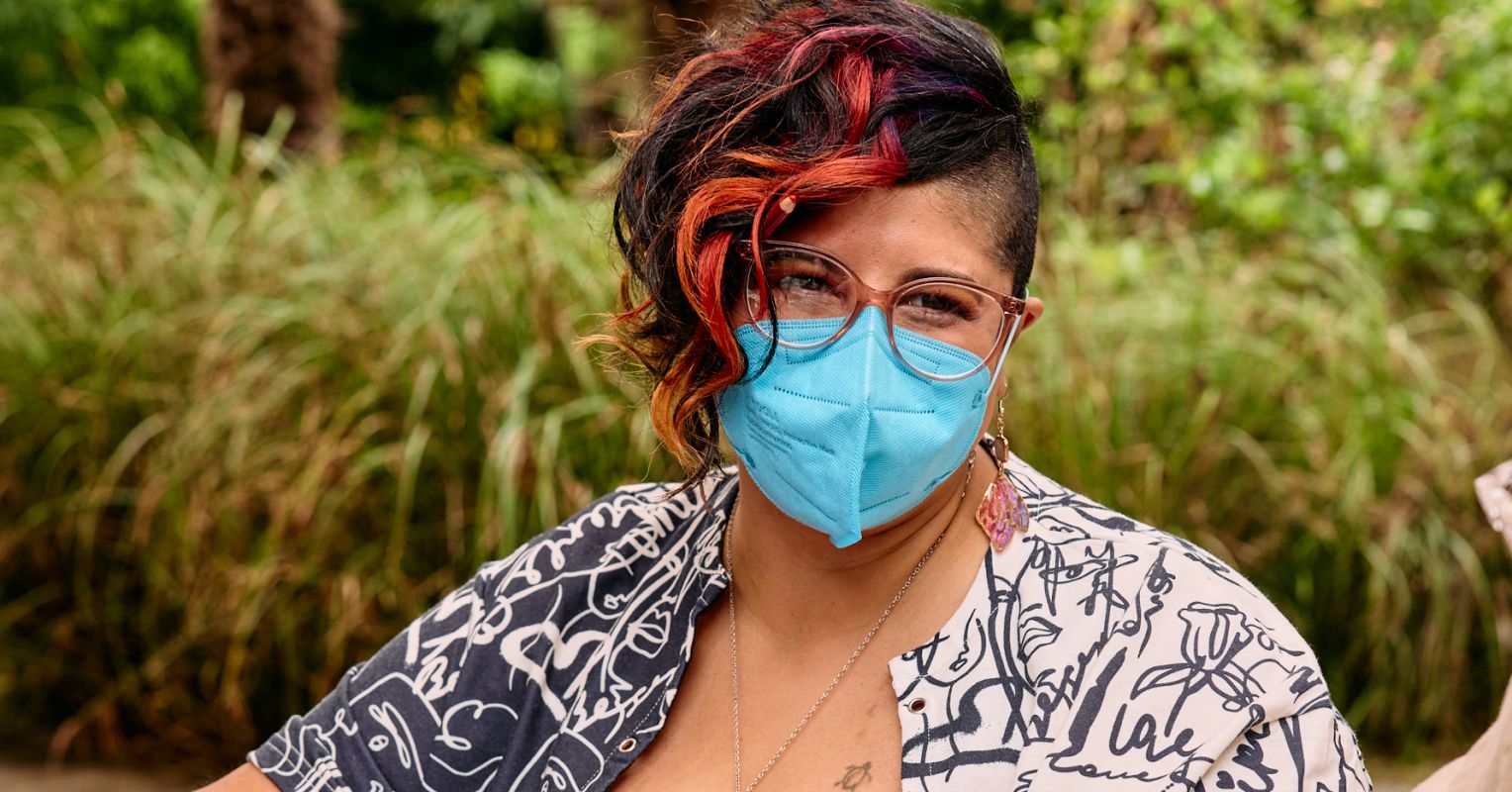Over the past few decades, the study of inherited genetic changes has exploded and added an entirely different dimension to the question of nature versus nurture. Epigenetics—which refers to changes that happen that do not fundamentally alter DNA make-up, but may still be inherited—has shown that it is a false dichotomy to assume that genetic predispositions and environmental influences are mutually exclusive. It is becoming more and more likely that environmental influences and life experiences not only change your biology during your life, but may mark your genes so that your descendants’ lives are affected as well.
A new study published in Scientific Reports provides even more evidence for this. In a unique design, an international group of researchers, led by an anthropologist from Yale University, followed three generations of Syrian refugees. Their findings suggest that violence and trauma experienced by a grandmother can go on to affect her granddaughter genetically, even if her granddaughter does not directly experience the trauma.
The study involved women from 48 refugee families now living in Jordan. Those families included women who had been pregnant in Syria during a violent civil conflict, whether in 1980 or 2011. These families were compared to a control group of families who had left Syria before 1980.
850,000 different potential areas of epigenetic changes within DNA were analyzed. Mothers and their children who had directly experienced violent events showed epigenetic changes in 21 different places that have been in the past associated with witnessing violence. An additional group of sites in germline cells—those that go on to form sperm and egg—were seen to have consistent changes associated with violence as well. In total, 32 areas showed changes that were consistent across direct exposure to violence, prenatal exposure to violence, or germline exposure to violence—a signature marking lasting across three generations. Notably, children whose mothers experienced the violence while they were pregnant with them also showed signs of epigenetic age acceleration—meaning they were younger than the aging of their cells would suggest.
How do these markers go on to affect behavior, emotion, and mood? Might they serve a protective role in insulating someone against the effects of trauma—which could help explain why they evolutionarily came to be in the first place—or might they, conversely, make someone more susceptible to it? Might they build resilience? Or might they be a strike against someone’s emotional well-being before they are even born? Those questions have yet to be answered. But this groundbreaking study—made possible by the researchers who were willing to build relationships and earn the trust of the communities they were studying—is a crucial step in establishing that what happens to us can live on in our genomes.




